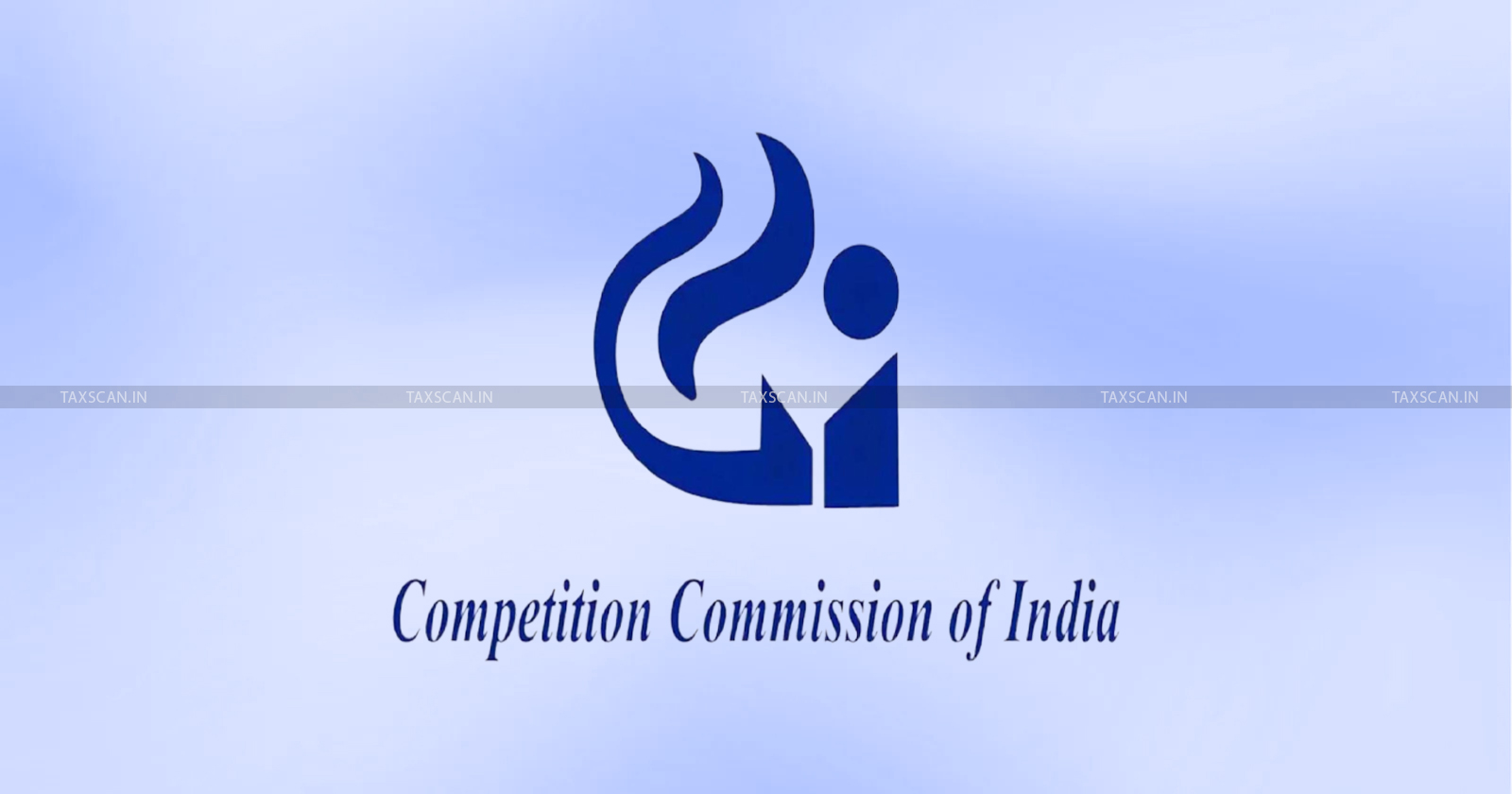Unfair 5x Pricing on App Developers, Google Play Billing System Anti-Competitive: CCI [Read Notification]
CCI has made a prima facie determination that Google's conduct amounts to the imposition of unfair pricing and obstructing market access for developers.

Unfair 5x Pricing on App Developers – App Developers – Google Play Billing System – CCI – taxscan
Unfair 5x Pricing on App Developers – App Developers – Google Play Billing System – CCI – taxscan
Tech companies are locked in a legal battle challenging Google's Play Store Billing policy regarding in-app purchases and paid apps. The Competition Commission of India (CCI) has taken a significant step by initiating an investigation, identifying a potential violation of Section 4 of the Competition Act.
In a recent development, the CCI Chairperson Ravneet Kaur, alongside Members Anil Agrawal, Sweta Kakkad, and Deepak Anurag, announced that Google's actions may have infringed Sections 4(2)(a), 4(2)(b), and 4(2)(c) of the Act. This prima facie observation necessitates a detailed inquiry to delve into the matter thoroughly.
The case revolves around several Informants, including People Interactive India Private Limited, Mebigo Labs Private Limited, Indian Broadcasting and Digital Foundation, and Indian Digital Media Industry Foundation. These entities have lodged complaints against Google's updated payment policy for its proprietary app store, namely the Google Play Store. They allege that this policy unfairly favors Google's own apps, distorts competition in downstream app markets, and consolidates Google's dominance in the payment processing market.
According to the informants, through the Users Choice Billing (UCB) system, Google was offering an illusory choice for users to opt for an alternative billing option next to Google Play's billing system. In this backdrop, the Informants inter alia prayed for an inquiry into Google's conduct.
Read More: MCA to Review CCI's Performance Amid App Developers' Allegations Against Google
The Commission's preliminary analysis has shed light on Google's dominant position in key markets. Specifically, it has identified the relevant markets as the market for licensable OS for smart mobile devices in India and the market for the app store for Android smart mobile OS in India. Drawing from previous assessments in cases involving Google, the Commission has expressed a prima facie view regarding Google's dominance in these markets.
One of the central concerns highlighted by the Commission is the potential abuse of dominant position by Google through its pricing practices. Despite Google's assertion that the Commission is not a price regulator, the Commission argues that antitrust regulators must intervene when a dominant player engages in pricing practices that harm consumers or stifle competition.
The Commission has noted that Google appears to be charging a service fee ranging from 10% to 30% in certain cases, which significantly exceeds its cost of providing services. This, according to the Commission, constitutes an abuse of dominant position.
Furthermore, the Commission has pointed out the lack of bargaining power for app developers vis-à-vis Google, leading to developers accepting terms that deter legitimate competition and increase operational costs. The revenue distribution model within the Google Play Store has also come under scrutiny for potentially favoring Google over developers.
In light of these findings, an investigation has been directed by the Director General, with a stipulated timeline of 60 days for completion.
This development follows a previous order by the CCI in October 2022, which found Google's conduct in violation of Section 4 and directed the company to implement necessary changes. Google's compliance with these directives is currently under review.
Read Also: Google-CCI Dispute : Supreme Court to Hear Rs. 1338 Cr Fine Case
Additionally, the Supreme Court has taken notice of challenges raised by tech start-ups against Google Play Store's billing policy, with a hearing scheduled for March 19, 2024.
To Read the full text of the Order CLICK HERE
Support our journalism by subscribing to Taxscan premium. Follow us on Telegram for quick updates


